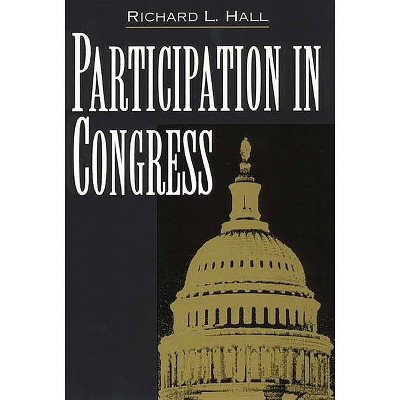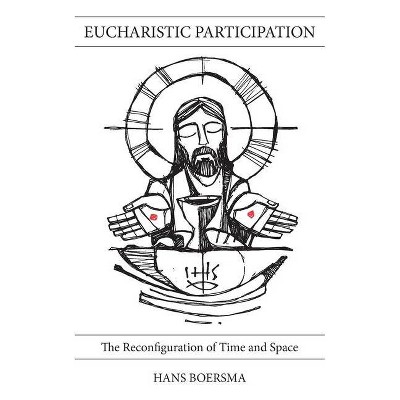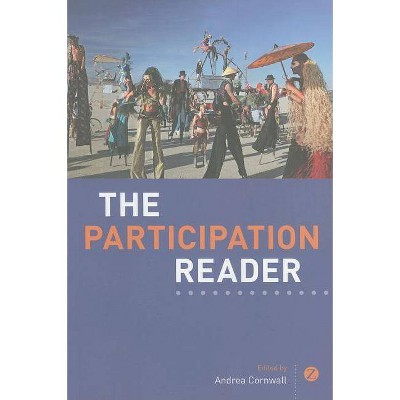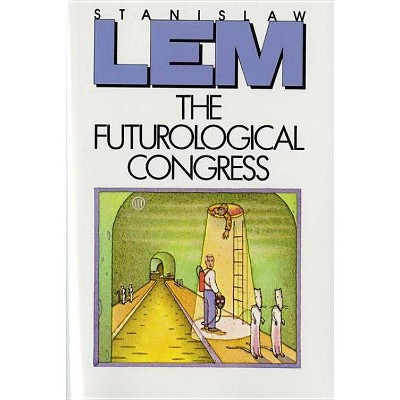Participation in Congress - by Richard L Hall (Paperback)

Similar Products
Products of same category from the store
AllProduct info
<p/><br></br><p><b> Book Synopsis </b></p></br></br>For every issue that arises on the legislative agenda, each member of Congress must make two decisions: What position to take and how active to be. The first has been thoroughly studied. But little is understood about the second. In this landmark book, a leading scholar of congressional studies draws on extensive interviews and congressional documents to uncover when and how members of congress participate at the subcommittee, committee, and floor stages of legislative decision making. Richard L. Hall develops an original theory to account for varying levels of participation across members and issues, within House and Senate, and across pre- and postreform periods of the modern Congress. By closely analyzing behavior on sixty bills in the areas of agriculture, human resources, and commerce, Hall finds that participation at each stage of the legislative process is rarely universal and never equal. On any given issue, most members who are eligible to participate forego the opportunity to do so, leaving a self-selected few to deliberate on the policy. These active members often do not reflect the values and interests evident in their parent chamber. A deeper understanding of congressional participation, the author contends, informs related inquiries into how well members of congress represent constituents' interests, what factors influence legislative priorities, how members gain legislative leverage on specific issues, and how well collective choice in Congress meets democratic standards of representative deliberation.<p/><br></br><p><b> From the Back Cover </b></p></br></br>For every issue that arises on the legislative agenda, each member of Congress must make two decisions: what position to take and how active to be. The first has been thoroughly studied. But little is understood about the second. In this landmark book, a leading scholar of congressional studies draws on extensive interviews and congressional documents to uncover when and how members of Congress participate at the subcommittee, committee, and floor stages of legislative decision making. Richard L. Hall develops an original theory to account for varying levels of participation across members and issues, within House and Senate, and across pre- and postreform periods of the modern Congress. By analyzing behavior on sixty bills in the areas of agriculture, human resources, and commerce, Hall finds that participation at each stage of the legislative process is rarely universal and never equal. On any given issue, most members who are eligible to participate forgo the opportunity to do so, leaving a self-selected few to deliberate on the policy. These active members often do not reflect the values and interests evident in their parent chamber. A deeper understanding of congressional participation, the author contends, informs related inquiries into how well members of Congress represent constituents' interests, what factors influence legislative priorities, how members gain legislative leverage on specific issues, and how well collective choice in Congress meets democratic standards of representative deliberation.
Price History
Price Archive shows prices from various stores, lets you see history and find the cheapest. There is no actual sale on the website. For all support, inquiry and suggestion messagescommunication@pricearchive.us




















